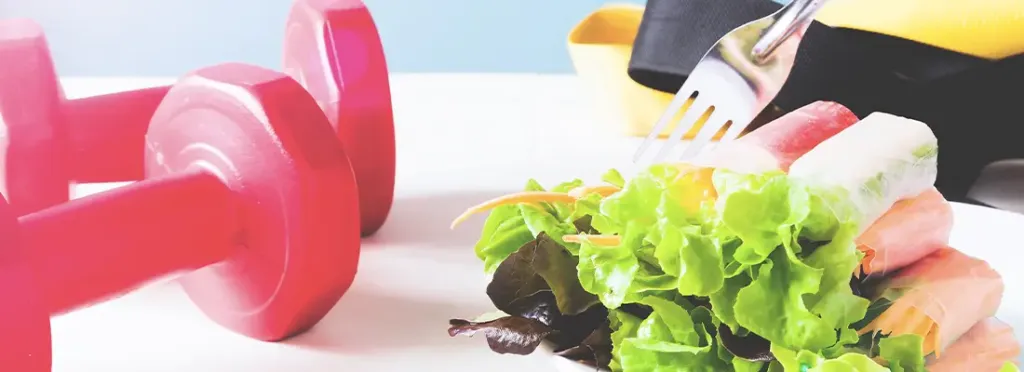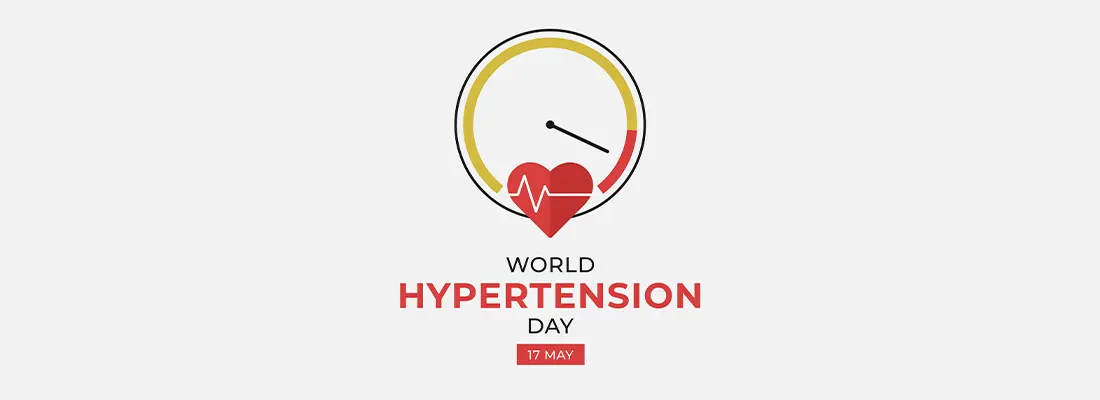You’re sipping your favorite coffee, planning your next vacation, and scrolling through your phone. Life feels perfectly normal; until your doctor casually mentions your blood pressure is “a little high.” Pause. What does that even mean?
High blood pressure, or hypertension, is often called the “silent killer”; but not because it’s spooky or dramatic. It sneaks in quietly, without symptoms, and can cause major heart damage before you even realize something’s wrong. It’s like letting a pressure cooker run endlessly on high without lifting the lid, eventually, something’s bound to give.
That’s why World Hypertension Day exists, not to scare you, but to remind you that your heart deserves attention.
Why is All the Buzz About Hypertension?
Because it’s everywhere.
According to the World Health Organization (WHO), over 1.28 billion adults aged 30–79 worldwide have hypertension, but an alarming 46% are unaware they have it. In the United States alone, nearly 1 in 2 adults have high blood pressure, and only about 24% have it under control.
This makes World Hypertension Day a major call to action.
World Hypertension Day 2025: What’s the Theme This Year?
Every year on May 17th, World Hypertension Day is observed globally to raise awareness about the importance of monitoring and managing high blood pressure. The 2025 theme focuses on “Measure Accurately, Control It Early, Live Longer”, reminding people that one small routine check could be life-changing.
World Hypertension Day 2025 brings together healthcare professionals, researchers, policymakers, and everyday people to prioritize heart health. It’s not just a calendar date; it’s a conversation starter.
What Causes High Blood Pressure Anyway?
Let’s break it down. Hypertension happens when the force of blood pushing against the artery walls is consistently too high. Here are some culprits:
- Too much salt in your diet
- Lack of physical activity
- Obesity or being overweight
- Stress and anxiety
- Smoking and alcohol consumption
- Genetics; yep, thanks Grandma and Grandpa
Some of these factors are under your control, while others (like age or family history) aren’t. But the key is recognizing what you can change; and taking charge.
The Signs Are Quiet… Too Quiet
Most people with hypertension feel completely fine. No headaches. No dizziness. Nothing. That’s what makes it risky.
However, extremely high levels may cause:
- Severe headaches
- Nosebleeds
- Shortness of breath
- Vision problems
Still, these signs usually appear after the damage has started. That’s why regular screenings matter. This is where World Hypertension Day steps in: it’s your yearly nudge to check in with your ticker.
Crunching the Numbers: Who’s at Risk?
Everyone. But especially:
- Adults over 40
- African American communities (higher prevalence and complications)
- People with diabetes or kidney disease
- Post-menopausal women
In fact, studies show that hypertension is responsible for over 11 million deaths globally every year (Lancet, 2021), primarily due to heart attacks and strokes. Yet with proper management, many of these outcomes are preventable.
Eat Smart, Live Long: Foods That Help

You might not think your lunch plate can affect your heart, but it absolutely can. When it comes to high blood pressure, what you eat matters just as much as how much you move. Here’s a quick cheat sheet:
Foods to Limit:
- Salty snacks and canned soups
- Processed meats (bacon, sausage, deli meat)
- Fried foods
- Sugary sodas and energy drinks
- Alcohol (especially in excess)
Foods to Embrace:
- Leafy greens (like spinach and kale)
- Berries (full of antioxidants)
- Low-fat dairy
- Whole grains
- Bananas (potassium powerhouse!)
- Nuts and seeds
Bonus tip: The DASH diet (Dietary Approaches to Stop Hypertension) is specifically designed to help people lower their blood pressure without medication.
Precaution is Power: What You Can Do Today
Taking charge of your heart health doesn’t have to mean making massive changes overnight. Sometimes, the little stuff makes the biggest impact. So here are some practical precautions you can take to dodge or manage hypertension:
Get Regular Screenings:
Measure your blood pressure regularly; especially if you’re over 40 or have a family history of heart conditions.
Stay Active:
Even 30 minutes of brisk walking a day can lower your numbers. Aim for at least 150 minutes of moderate activity per week.
Cut Back on Sodium:
WHO recommends less than 5 grams (about one teaspoon) of salt per day for adults. Check food labels, you might be consuming more than you think.
Manage Stress:
Whether it’s meditation, deep breathing, yoga, or journaling, find what calms your nerves and practice it consistently.
Say No to Tobacco:
Smoking instantly raises your blood pressure, damages your arteries, and raises your risk of heart attack and stroke.
Drink in Moderation:
Too much alcohol raises blood pressure. Limit it to one drink per day for women and two for men.
Sleep Matters:
Aim for 7–9 hours of quality sleep per night. Poor sleep is linked to increased blood pressure and cardiovascular risk.
Let’s Talk Treatment: What Happens If You’re Diagnosed?
Getting a hypertension diagnosis isn’t a death sentence. In fact, it’s often a wake-up call and an opportunity to take better care of yourself.
Doctors may recommend lifestyle modifications first. But in many cases, they might also suggest potential treatment options, including:
- Diuretics (help your body get rid of excess salt and water)
- ACE inhibitors (help relax blood vessels)
- Beta-blockers (reduce heart rate and workload)
- Calcium channel blockers (prevent calcium from entering heart cells)
These treatments are tailored to everyone’s needs and often work best when combined with lifestyle changes. Always consult with your healthcare provider before starting or stopping any medication.
One Day. One Check. One Life Saved.
You may not feel symptoms. You may think you’re too young, too active, or too “fit” to have hypertension. But high blood pressure doesn’t care who you are, it affects CEOs, athletes, parents, teens, and retirees alike.
This May 17th, take a few minutes for yourself. Check your pressure. Encourage your family to do the same. Post a reminder on social media. Start a conversation. It doesn’t take much to make a difference.
World Hypertension Day is not just about numbers. It’s about empowerment. It’s about control. It’s about knowing your body and giving your heart the care it silently asks for.
Final Thought
Heart health isn’t a trend. It’s a lifelong commitment. And it starts with awareness. Let World Hypertension Day be your turning point, your wake-up call, your fresh start.
You don’t have to overhaul your life in a week. You just need to begin, with a check, a choice, a change.
Because in the end, your heart does more than keep you alive, it helps you live fully.




